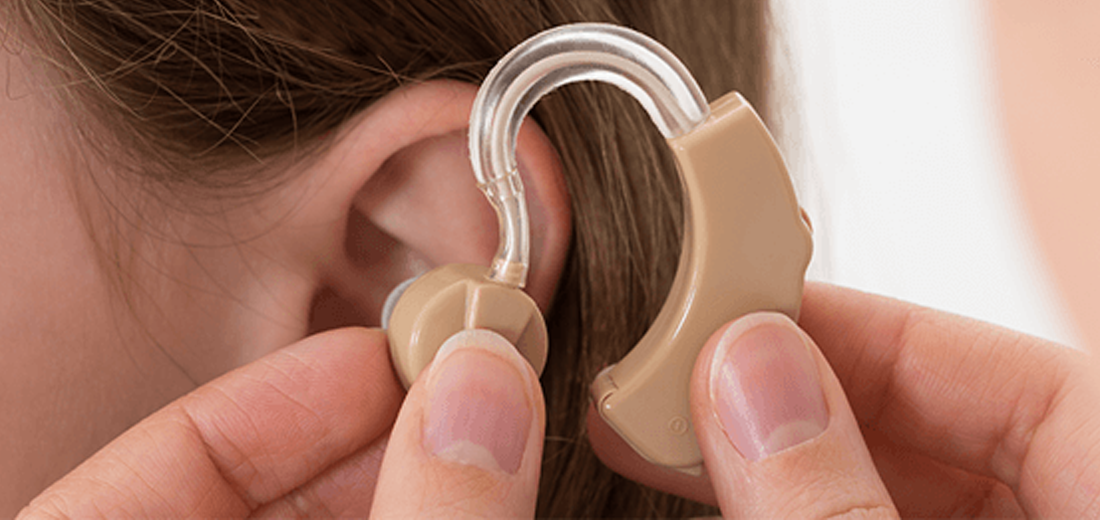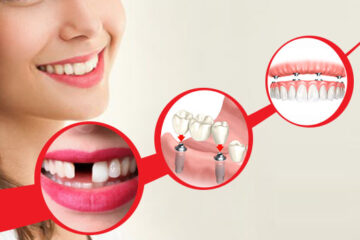When to Use Hearing Aids and How to Prevent Hearing Loss

Having the capacity to hear our surroundings is often taken for granted. Our capacity to hear allows us to interact with those closest to us and participate in many of life’s most rewarding experiences. All of our favourite forms of entertainment rely on our capacity to hear the sounds being created, whether it’s music, a podcast, or an audiobook.
But not everybody has access to life’s luxuries. The prevalence of hearing impairment is increasing around the world. Losing one’s hearing is a cause for concern for everyone, especially if it means losing touch with people and activities that bring them joy. Health care providers are understandably worried about the rising prevalence of hearing loss in the population.
However, there are some ways in which you can learn how to prevent such cases and partake in some ear training to help you with the same. This article is going to cover some tips to help you with hearing loss prevention, training exercises, and how hearing aids can help. So, keep on reading!
How do I prevent hearing loss?
If you want to start taking care of your hearing immediately, here are some suggestions.
Use earplugs to protect your ears.
Noise-cancelling earplugs and earmuffs made from foam are inexpensive and convenient. Wearing them helps protect your hearing if you spend your day in a noisy workplace. If you are unable to leave the area, try to take frequent breaks away from the noise to give your hearing a rest.
Lower the volume
Reduce the volume of the TV, radio, or other audio source if you need to raise your voice to be heard. Never use these to mask ambient noise. If the person sitting next to you can hear what you’re listening to, even though you have headphones on, it’s likely too loud.
Invest in headphones with active noise cancellation.
To better hear your music, movies, and phone calls, noise-cancelling headphones can eliminate ambient noise. As a result, you can listen at a more comfortable volume and give your hearing a break.
Always wear protective earmuffs when attending a live performance.
A 15–35 decibel reduction in sound intensity is possible with earplugs and muffs. If you forget them at home or forget to bring them with you, many events will sell them for a nominal fee. Don’t assemble near the loudspeakers or the fireworks launch site once you get there. There is potential for rapid damage due to the loud noise.
Turn down the car stereo!
Ear hair cells are more vulnerable to harm when exposed to loud music in a confined location. When the weather outside is chilly, it’s best to listen to music at a lower volume inside. While driving with the windows down is a great way to let the wind whip through your hair, it can also cause hearing damage due to excessive noise. Keep the window up if you plan on travelling at high speeds.
Keep Moving
Through regular exercise, you can keep the blood pumping to every part of your body, including the ears. Maintaining a healthy level of oxygen and aural tissue requires good blood flow. Give your ears a break after fitness courses if you often participate in loud music.
Avoid using earbuds.
While earbuds may be more covert than bulky headphones, they don’t do a perfect job of isolating the listener from ambient noise. Because of this, you could be tempted to listen at unsafely high volumes. Also, if you put them in too deeply or for too long, they might cause pain in your ears.
Is there any training to keep the ears in good condition?
Ear training exercises are a method for maintaining and improving one’s hearing. Although it will not aid in restoring lost hearing, it will aid in maintaining excellent hearing. The best way to keep your hearing in tip-top shape and hone your aural acumen is to regularly engage in ear training exercises, which we will discuss in detail.
Yoga
Regular yoga practise can help keep your ears healthy and lessen the impact of any existing hearing loss. It does this by boosting circulation to the inner ear, which protects the nerve cells that carry electrical signals in the cochlea from damage. Some yoga positions may improve hearing and cognitive performance by stimulating blood flow to the brain and ears. Some doctors think that stress is a cause of tinnitus and that doing yoga may help treat this condition.
Yoga has been linked to a reduction in tension in the neck muscles, which in turn is thought to improve circulation to the ears. If you’re experiencing hearing loss or tinnitus, you may find relief by simply relaxing the muscles in your neck. Spinal flexion, deep breathing, and muscle relaxation in the neck are all yoga practises that can improve hearing.
Regular Exercising
Physical activity has been shown to improve blood flow to the inner ear. The cochlea and other sound-detecting structures in your inner ear greatly benefit from this enhanced circulation. The cochlea is a vital part of the auditory system since it transcribes sound vibrations into nerve signals. Even if you aren’t used to working out, you can still help your hearing loss by exercising at least twice a week for a short period.
Practice Locating Sounds
Most people have no idea that their eyes also play a significant role in sound detection. When it comes to decoding auditory signals, the brain plays a crucial role as well. Training one’s brain to pay close attention to specific tones can improve performance on the task. Training the brain to listen for specific sounds is an excellent approach to improving the brain’s ability to locate and interpret those sounds in the environment.
What Kind of Hearing Aids Exist?
Hearing aids are offered in a wide variety of designs. It would be beneficial if you considered both form and function.
- In-the-ear (ITE) hearing aids are worn in the ear canal. If you have mild to severe hearing loss, they can be customised to meet your ear size.
- The use of BTE (behind-the-ear) hearing aids is another option. They are worn behind the ear and are the most common hearing aid.
- In-the-canal (ITC) hearing aids are a further alternative worth exploring. They are small enough to fit into the ear canal.
An audiologist may recommend a hearing aid that best meets your needs.
How can they help?
Deafness impacts every element of your life and can harm your overall happiness and wellness. Hearing aids, on the other hand, can decrease the difficulties associated with hearing impairments. These are some of the benefits associated with using hearing aids.
Reduction of Tinnitus Symptoms
Tinnitus is a fairly common ear disorder characterised by ringing or clicking sounds. It makes it difficult to sleep and causes several concentration challenges. If you suffer from tinnitus and hearing loss, you must treat these issues to improve your productivity at work. Even if you have normal hearing, an audiologist can fit you with the latest hearing aid to help alleviate tinnitus.
Higher Earnings
Frequently, hearing impairment decreases workplace productivity. If you cannot hear instructions properly, you are more likely to make errors, and if your productivity declines significantly, you may be deemed intellectually incompetent. It is challenging for those with hearing loss to function in careers that involve daily phone use.
Better Communication
Hearing loss that is not treated could impede communication. It may result in social withdrawal and isolation. People will avoid going out to avoid humiliating themselves by mishearing others.
Mental wellbeing
Hearing and brain function are intricately intertwined. If left untreated, hearing loss can place a significant amount of stress on the brain. Hearing devices can help you avoid cognitive decline by correcting hearing impairments.












